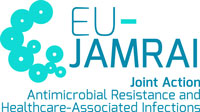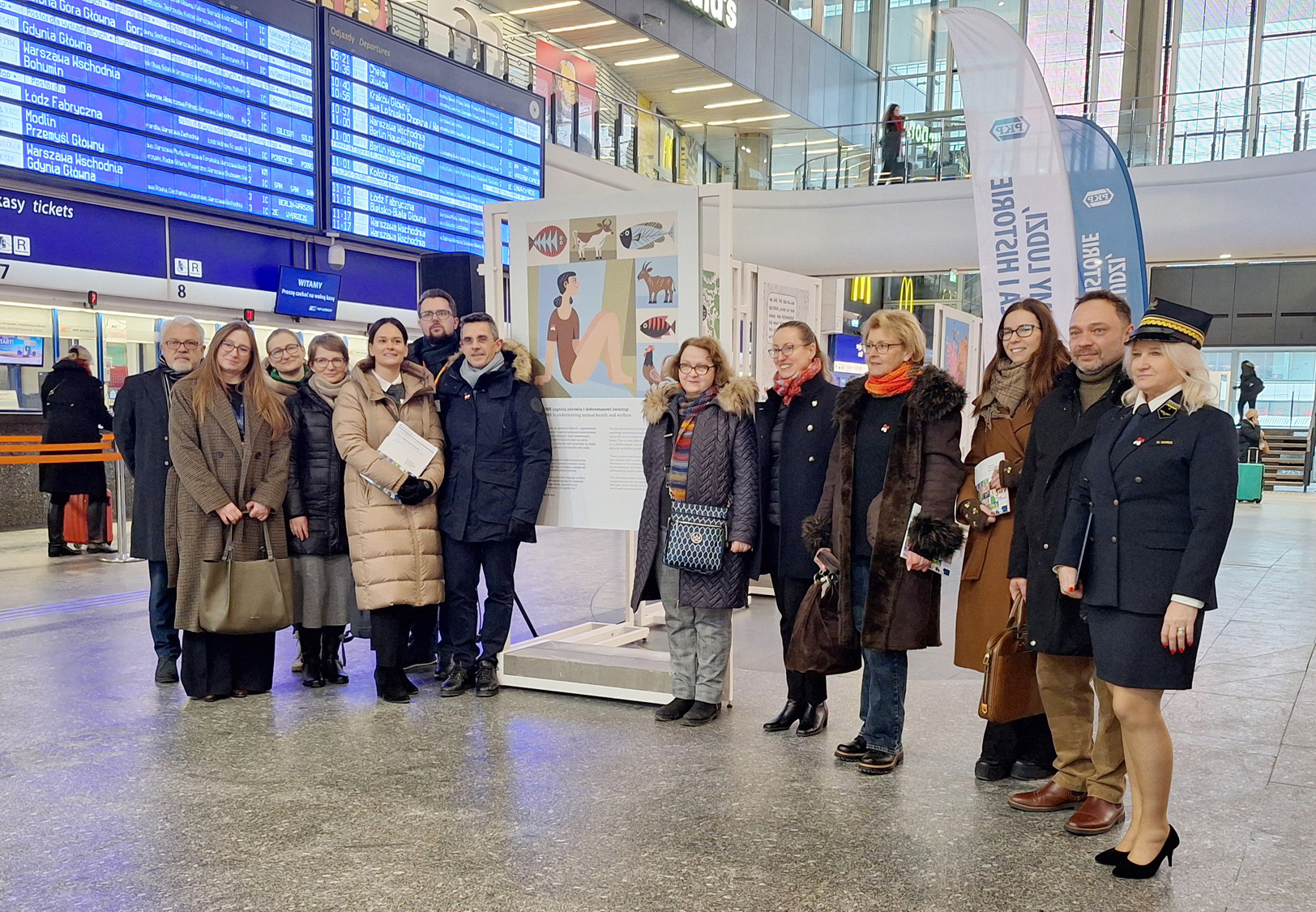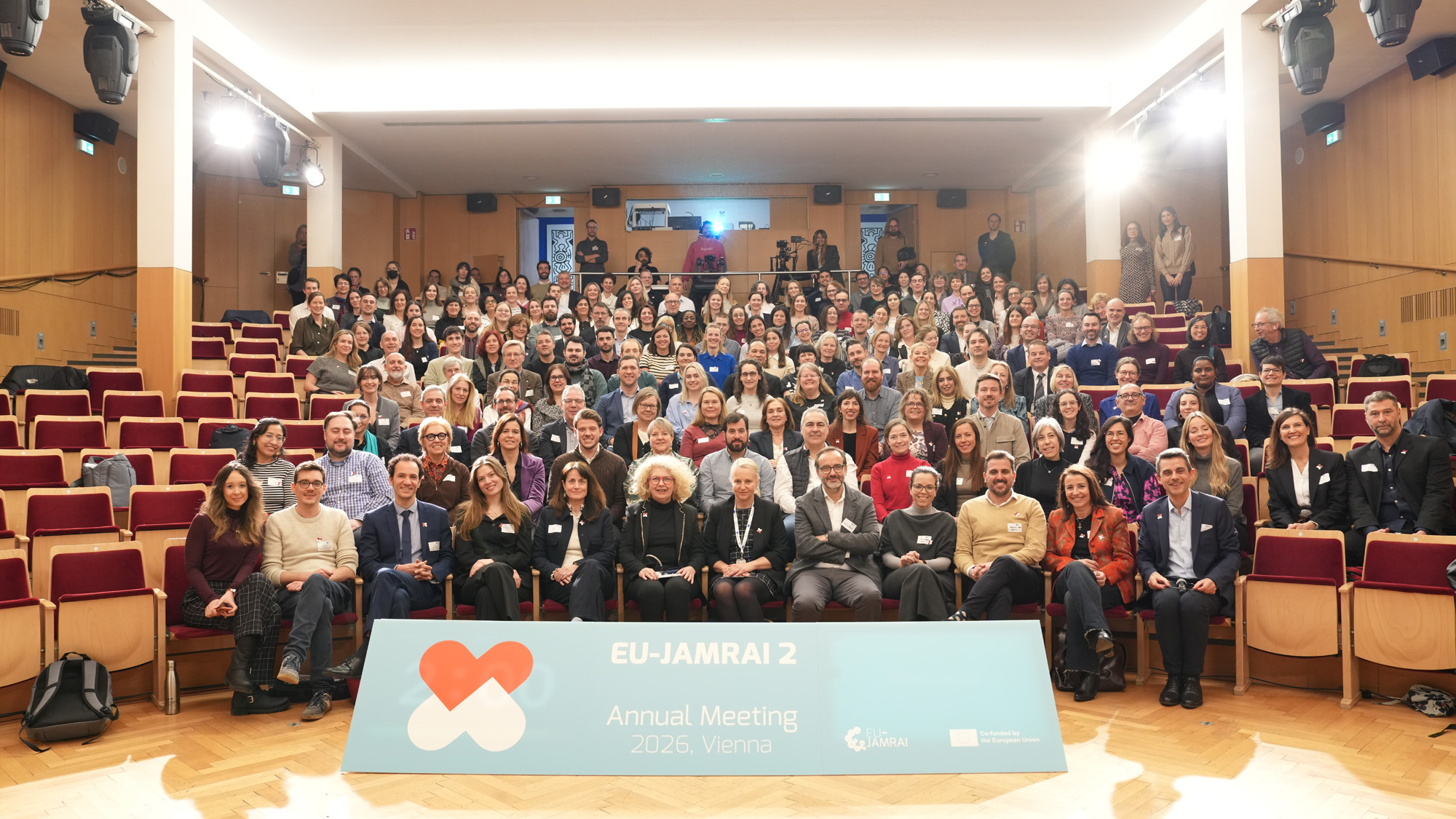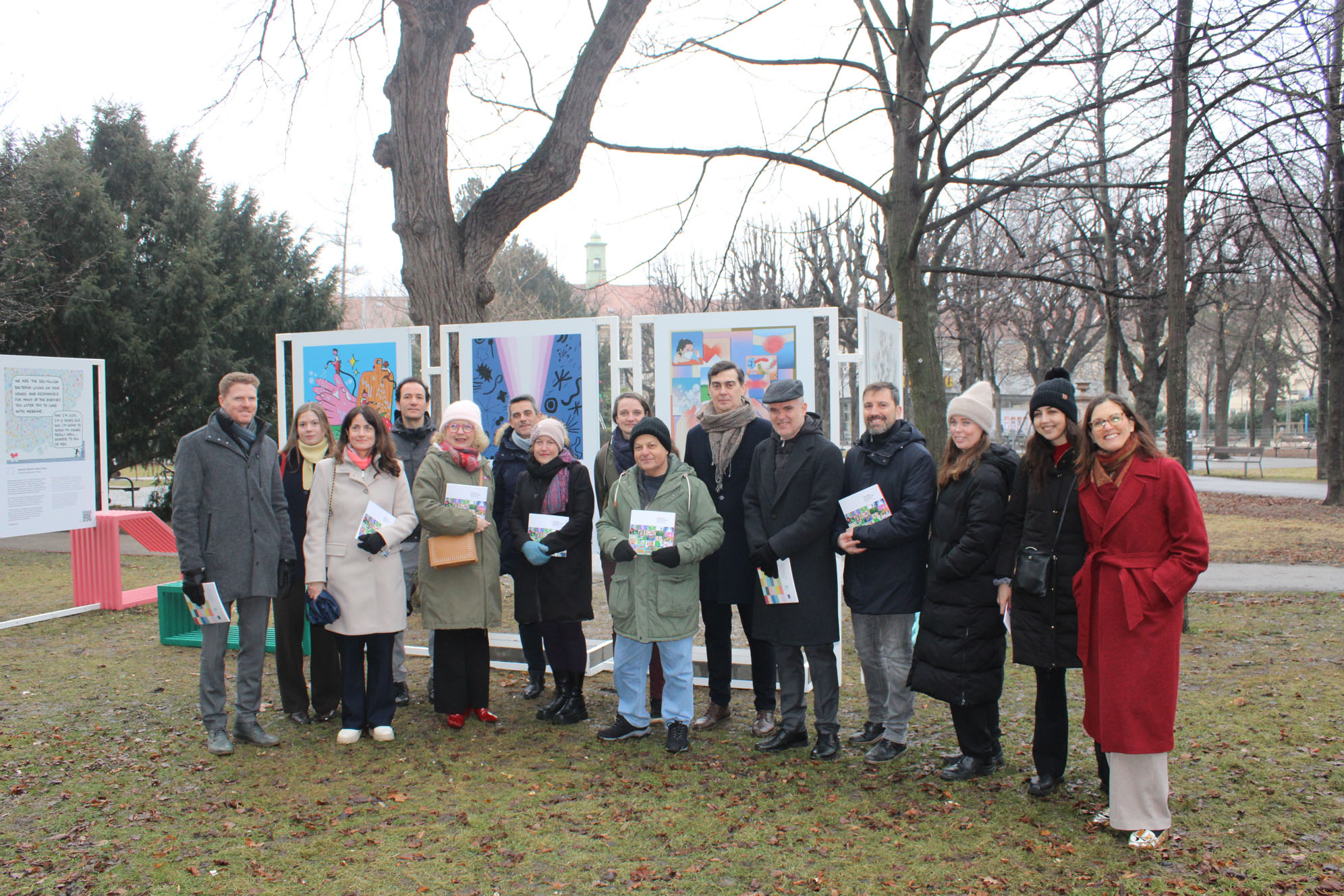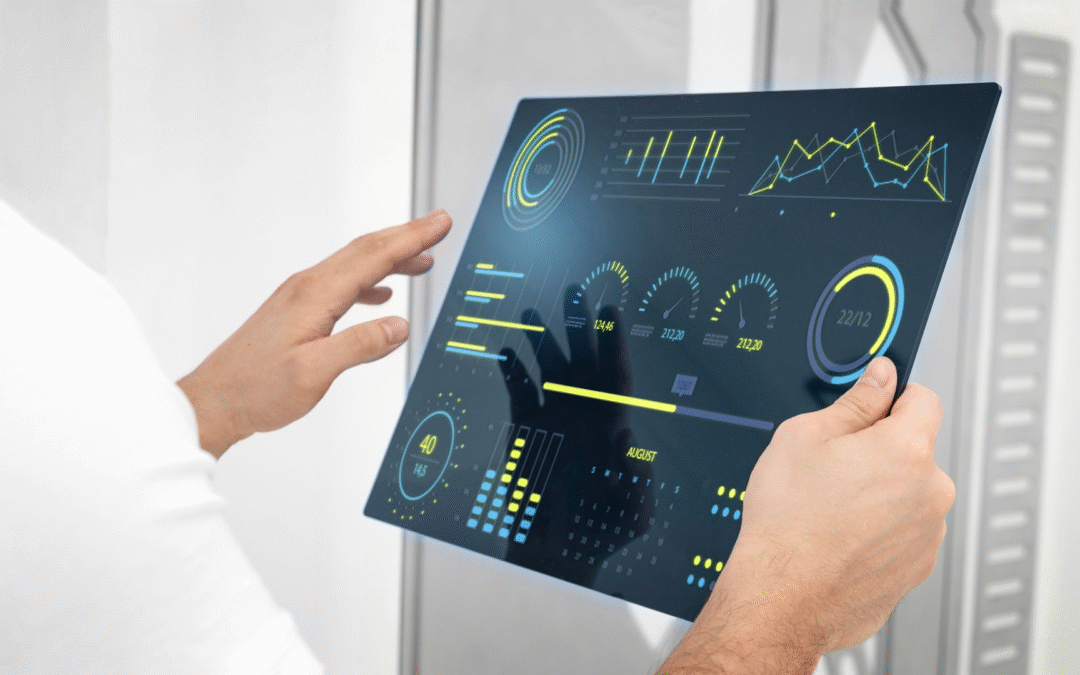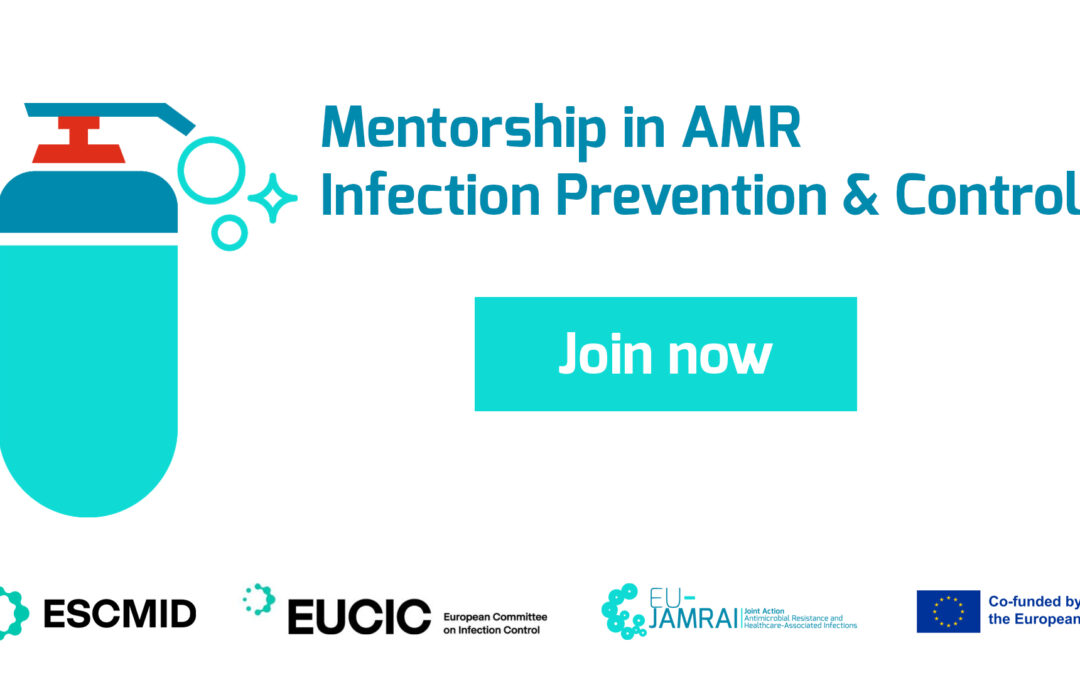The environment is an important component in the emergence and spread of AMR determinants mainly through human and animal activities such as sewage emissions into surface waters or manure application as fertilizer. Therefore, water, soil, and air can act as reservoirs where these AMR determinants can persist and spread, contributing to the development of new resistances.
In an attempt to tackle AMR in the enviroment, EU-JAMRAI WP7.3 members (Infection Prevention and Control in the environmental sector) have launched a survey to map the existing measures across countries in Europe that can help reduce the emission of AMR determinants resulting from human and animal practices to the environment. This survey will then help to:
- Provide a basis for improving and coordinating efforts to tackle AMR at the environmental level in the EU
- Support countries in updating and strengthening their National Action Plans (NAPs) / policies on AMR
- Enhance the implementation of best practices in environmental IPC
This survey is aimed at professionals closely involved in the implementation of environmental interventions, such as those in wastewater, sludge, manure, or solid waste management, within governmental or regulatory organizations, agri-food companies, antimicrobial manufacturing facilities, waste management agencies, consulting firms, or non-governmental organizations, among others.
The survey runs in the EU survey platform and is split into the following environmental compartments:
- Survey on advanced WASTEWATER interventions that contribute to the reduction of emission of AMR determinants to the environment
- Survey on MANURE interventions that contribute to the reduction of emission of AMR determinants to the environment
- Survey on SLUDGE interventions that contribute to the reduction of emission of AMR determinants to the environment
- Survey on OTHER interventions that contribute to the reduction of emission of AMR determinants to the environment
